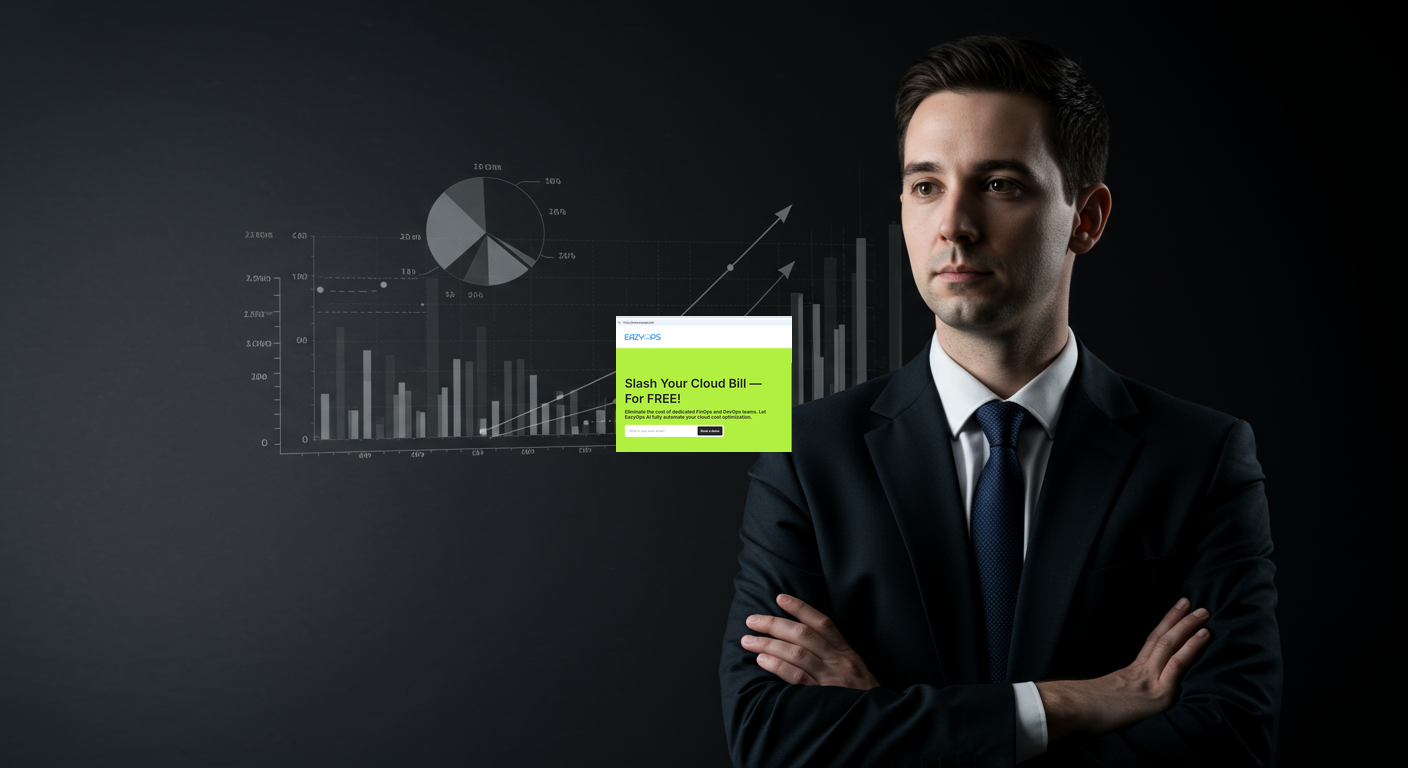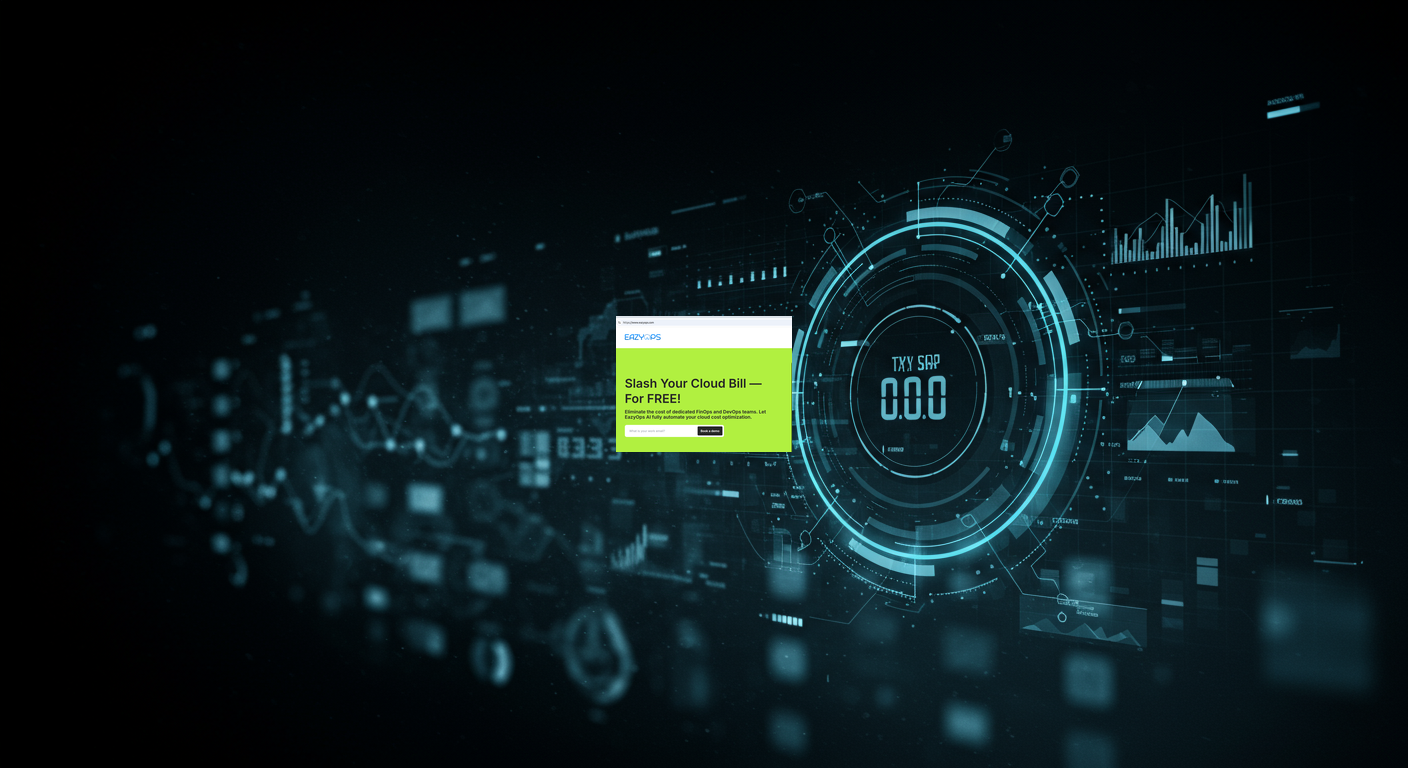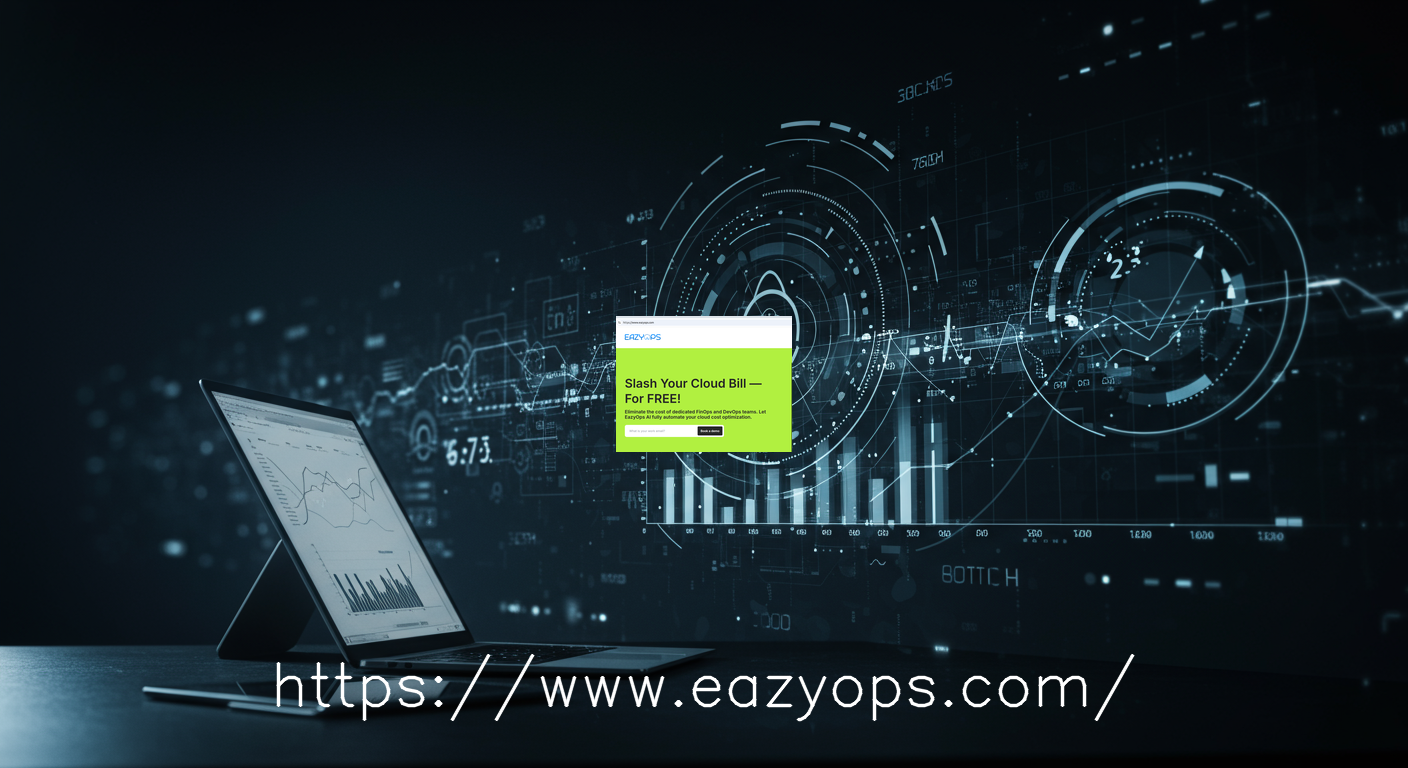The Silent Drain: How Idle Aurora Replicas Cost Us $2,700 a Month
Sometimes, the biggest cloud costs are the ones you don't see.
We pride ourselves on being cloud cost-conscious. We use reserved instances, right-size our EC2 fleets, and regularly scrub our S3 buckets for orphaned objects. We thought we had a handle on our AWS spending.
Then came the quarterly cost report. A seemingly innocuous line item, "Aurora Replicas," caught my eye. $2,700 a month? That seemed…excessive.
The Hunt for the Phantom Replicas
Our initial investigation was a wild goose chase. We knew we had a few Aurora read replicas for high-availability and read scaling, but $2,700 worth? Something didn't add up.
We checked our CloudFormation templates, Terraform scripts, and even the AWS console. We found a few replicas, but nothing that justified the cost. It was like searching for ghosts in the machine.


The 'Aha!' Moment (Brought to You by EazyOps)
Frustrated, we turned to EazyOps. Within minutes, the platform pinpointed the problem: four unused Aurora replicas, diligently syncing data for months. These replicas were remnants of a long-forgotten project, silently accumulating costs in the background.
They weren't listed in our active deployments because they'd been created manually outside of our usual infrastructure-as-code processes. They were like digital zombies, consuming resources without purpose.
EazyOps to the Rescue: Automation and Savings
EazyOps didn't just identify the rogue replicas; it provided the tools to fix the problem. We validated that there was zero traffic going to these replicas, confirmed their redundancy, and then, with a few clicks, EazyOps automatically decommissioned them.

The Results: Reclaiming $1,755 a Month
The immediate impact was a 65% reduction in our Aurora replica costs, saving us $1,755 per month. But the real value was the peace of mind knowing that EazyOps was continuously monitoring our environment for similar issues, preventing future cost leaks.

Lessons Learned: Beyond the Obvious
This experience taught us a valuable lesson: cost optimization is an ongoing process, not a one-time fix. Even with diligent cost management practices, hidden costs can lurk in unexpected places. Automated tools like EazyOps are essential for maintaining continuous cost efficiency, especially in dynamic cloud environments.
About Shujat
Shujat is a Senior Backend Engineer at EazyOps, working at the intersection of performance engineering, cloud cost optimization, and AI infrastructure. He writes to share practical strategies for building efficient, intelligent systems.